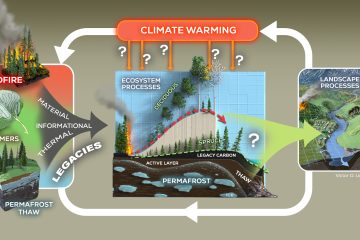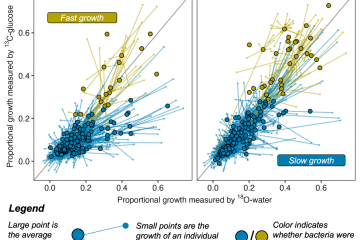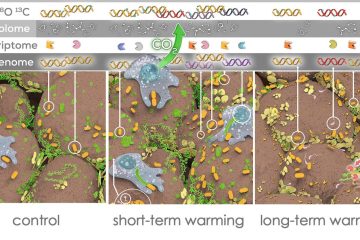Multiple models and experiments underscore large uncertainty in soil carbon dynamics
Soils contain more carbon than plants or the atmosphere, and sensitivities of soil organic carbon (SOC) stocks to changing climate and plant productivity are a major uncertainty in global carbon cycle projections. Despite a consensus that microbial degradation and mineral stabilization processes control SOC cycling, no systematic synthesis of long-term warming and litter addition experiments has been used to test process-based microbe-mineral SOC models. We explored SOC responses to warming and increased carbon inputs using a synthesis of 147 field manipulation experiments and five SOC models with different representations of microbial and mineral processes. Model projections diverged but encompassed a similar range of variability as the experimental results. Experimental measurements were insufficient to eliminate or validate individual model outcomes. While all models projected that CO2 efflux would increase and SOC stocks would decline under warming, nearly one-third of experiments observed decreases in CO2 flux and nearly half of experiments observed increases in SOC stocks under warming. Long-term measurements of C inputs to soil and their changes under warming are needed to reconcile modeled and observed patterns. Measurements separating the responses of mineral-protected and unprotected SOC fractions in manipulation experiments are needed to address key uncertainties in microbial degradation and mineral stabilization mechanisms. Integrating models with experimental design will allow targeting of these uncertainties and help to reconcile divergence among models to produce more confident projections of SOC responses to global changes.


